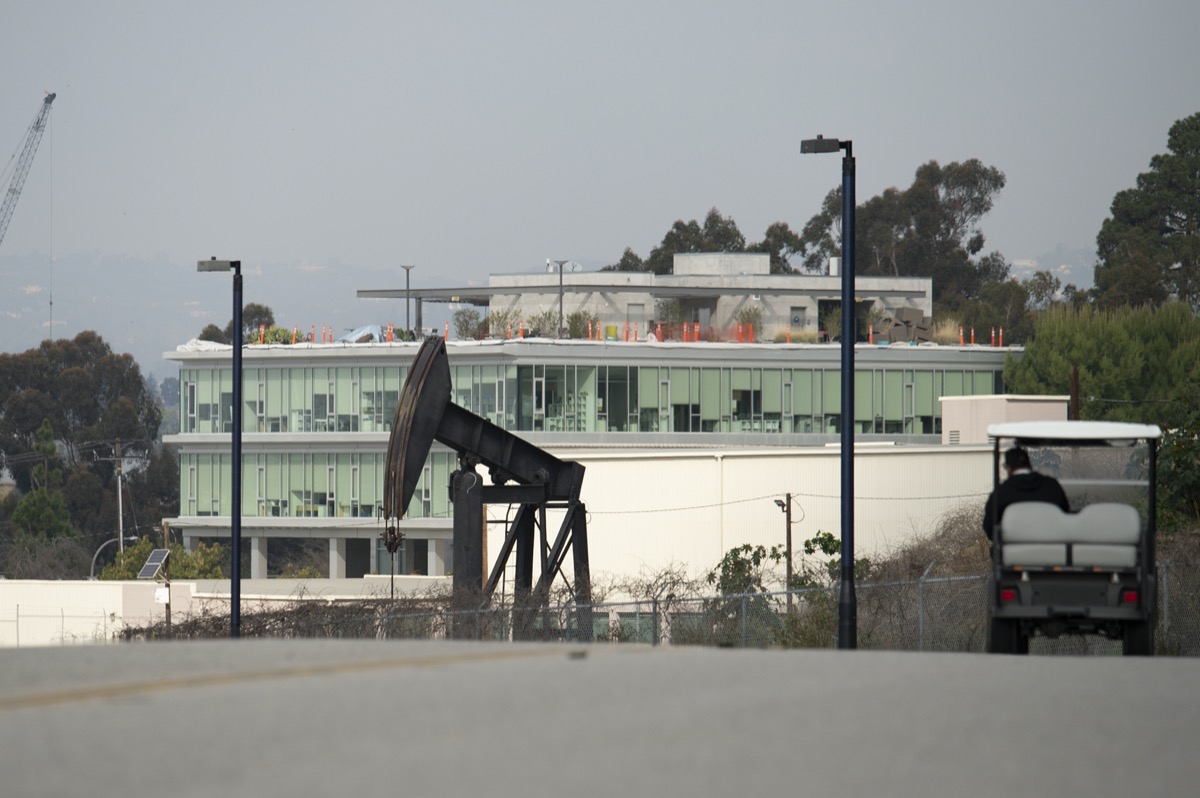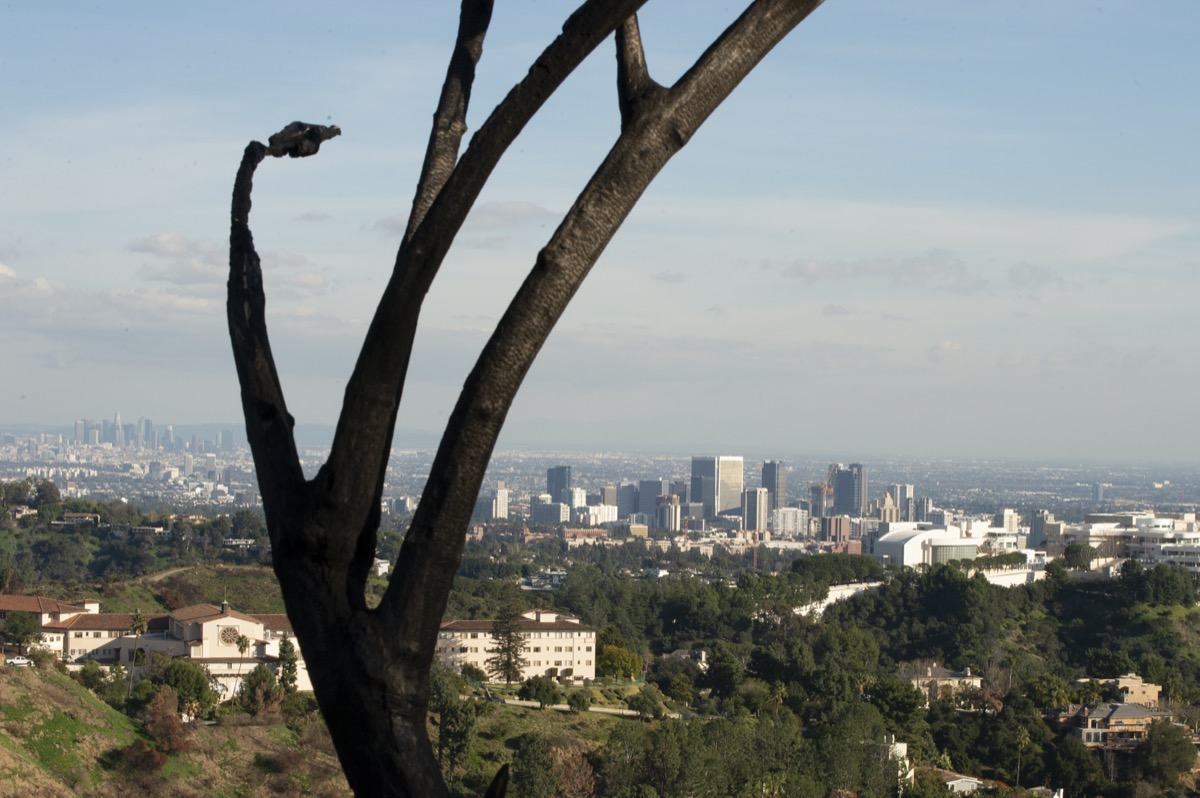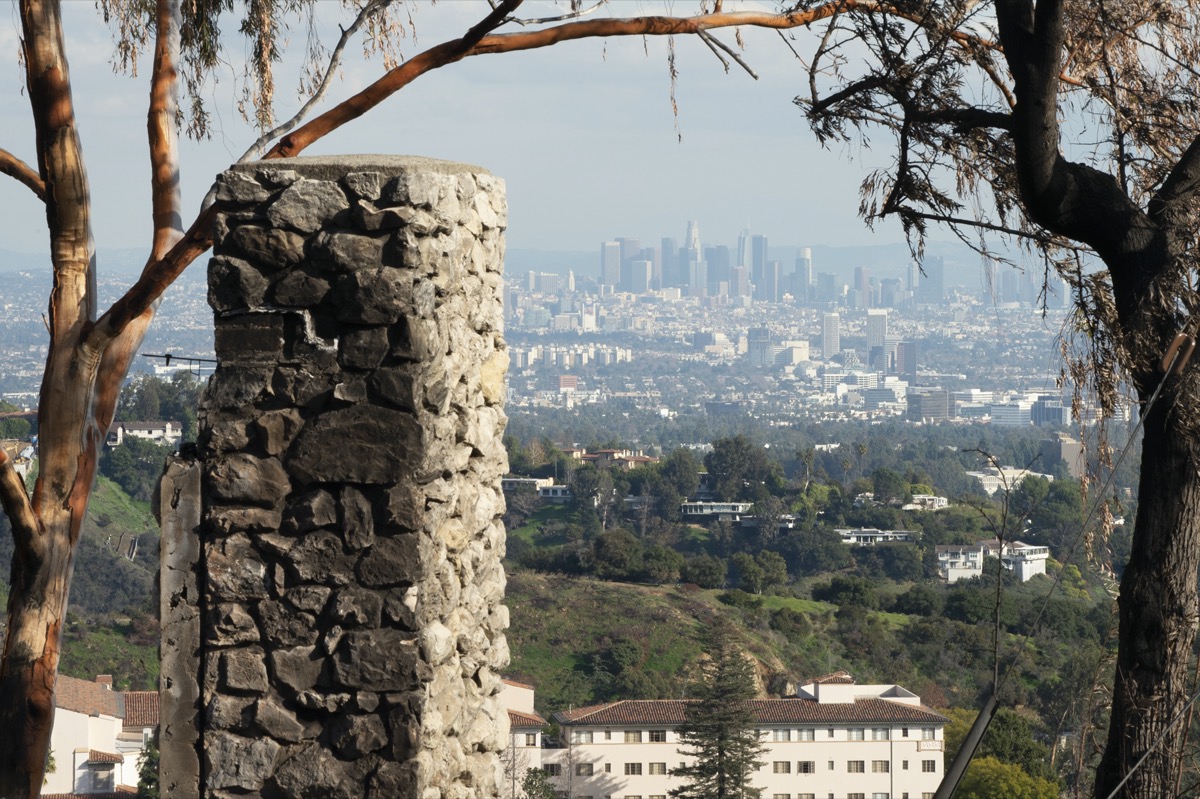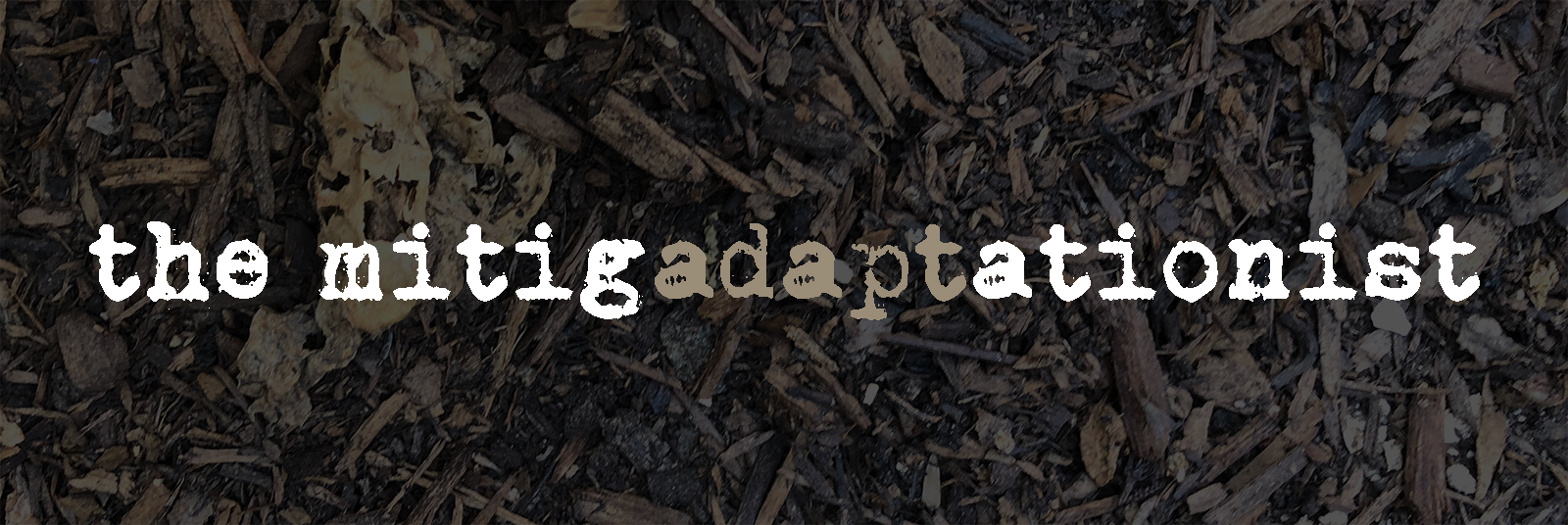It can be hard to conceive of an issue as big as climate change. Global warming is, after all, global — geographically but also as an idea. Reflecting its sprawling unknowability, some environmentalists like to say “think globally, act globally.” Others use the invented term “glocal” to describe a phenomenon that’s both planetary in scale and also felt and fought locally.
Still others — especially those themselves impacted — address the problem as purely locally as they do the rest of their lives.

Global and local issues can be hard to tell apart. Here in Los Angeles, for instance, some apartments come complete with an oil derrick in the backyard — a striking image, though not one as well-known as the Griffith Observatory gleaming above the city’s palm-lined boulevards. Those relentless derricks are “glocal”: if we can rid the world of its giant pipelines and massive oceanic wells, we’ll rid our neighbors of this too.
Los Angeles, with its population of 3.99 million, is “the largest urban oil field in the country” and the cultivation of both crude oil and natural gas within city limits makes toxic airborne gases a persistent part of the local climate. Of course, this mixes with transport exhaust that’s still so thick that the 710 freeway corridor connecting downtown Los Angeles and Long Beach is known unsentimentally as a “diesel death zone.”
You’re likely to hear us old-timers say that “the smog’s not as bad as it used to be.” Yet toxic air is as persistent a problem as ever, and as fluid as air is, the impact is not felt equally by all 3.99 million of us.
The climate is indeed unjust. The direct relationship between being black or brown and the likelihood of living in areas with toxic air or water is well documented, and so the direct connection between being black or brown and higher incidence of Covid-19 is not surprising.
As bad as a “diesel death zone” sounds, living in a “sacrifice zone” sounds even worse. It rings an especially resonant note of injustice in the voice of Jasmin Vargas in KCET’s hourlong documentary Power and Health, as she tells her part of the story of how power influences the collocation of people’s homes and workplaces and deadly environmental toxins.
Her fight is indeed a local one, but it is a mirror of those we all need to wage together. Whether our focus is on energy or trees or plastics or geopolitics, the work needs to be simultaneously happening at all levels, from the most personal to the most political, from the most local to the most global.
Those who aren’t fighting a battle for their own family or community can follow whatever mantra is most inspiring: think global act local; think local act global; think local act local; think global act global. Our purpose can be found wherever it comes naturally, but the secret lies in a different, nonsense-free mantra: in just do(ing) it.


The affluent aren’t immune from local impact of a global problem: burned trees and a houseless chimney at Tigertail Road after the 2019 Getty Fire, January 2020. Mount Saint Mary University’s Chalon Campus in the middle ground was spared from the blaze, but its students won’t soon forget their “harrowing” escape.
(Up top: Oil derricks and a new apartment building in south Los Angeles, April 2020. The resemblance to grazing dinosaurs is perversely poetic.)

0 Comments